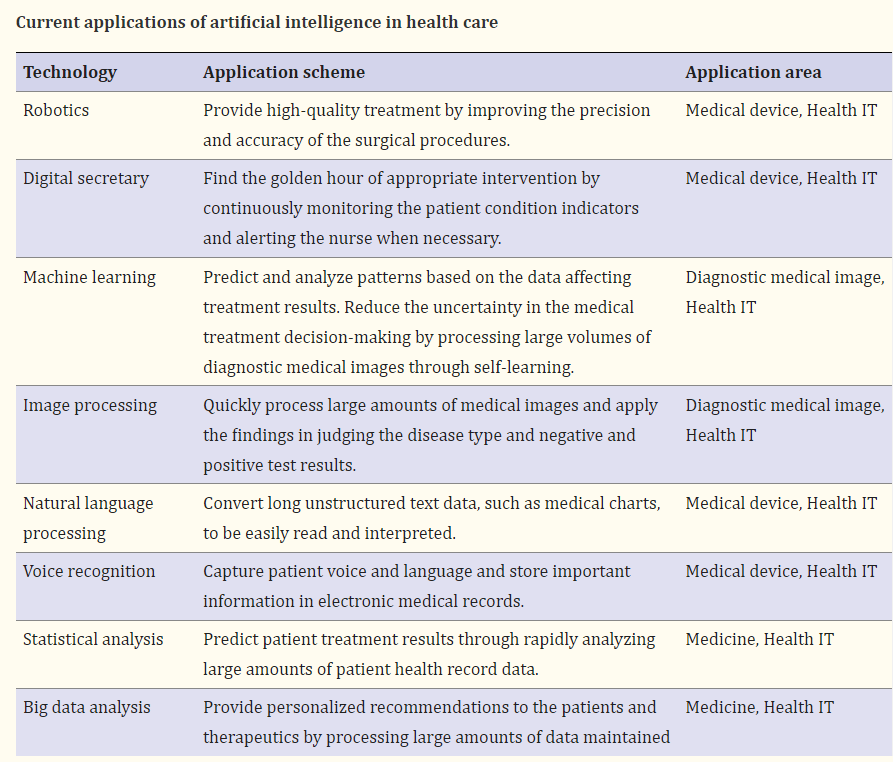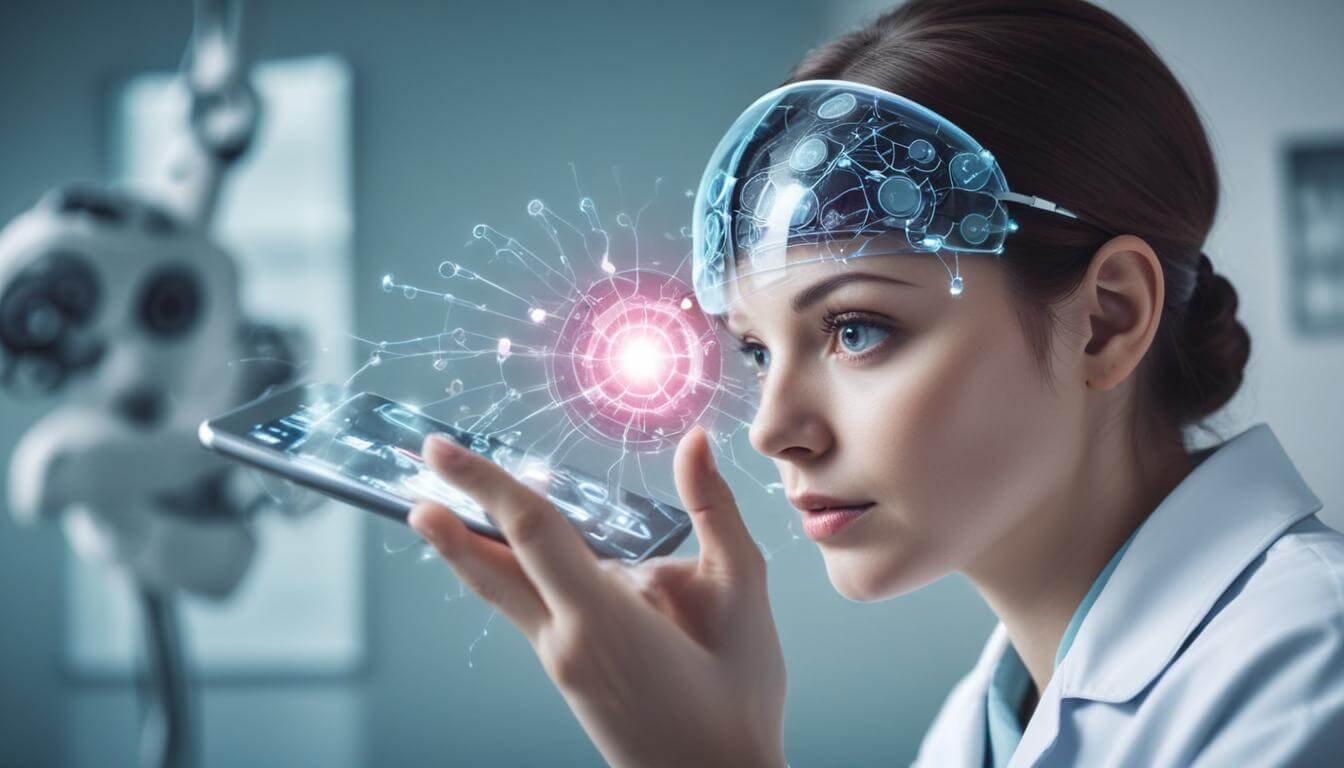There is not a single modern industry that has not experienced the impact of AI. One such crucial industry is healthcare.
Healthcare in the US and around the world has been grappling with a gamut of issues, making it difficult to provide competent services while safeguarding data and providing assistance for employees.
This is where AI in healthcare comes in, delivering revolutionary changes to bring about more accessible and value-based care empowered by efficient technology.

(screenshot source – https://www.ncbi.nlm.nih.gov/pmc/articles/PMC7606883/)
AI Revolution in 2024 US Healthcare
The US federal government takes proactive measures to remain abreast, and even ahead of, technology. It has adopted a host of crucial initiatives designed to regulate, oversee and foster ethical employment of AI in healthcare.
These initiatives have yielded promising results across the industry – right from faster drug discovery and tailored treatments to superior diagnosis and streamlined administrative processes.
Here is a quick walkthrough of the latest developments brought about by AI in the healthcare industry:
AI in Medical Imaging
Resources from the National Institutes of Health (NIH) have helped develop a precise algorithm system which enables a quicker diagnosis. The earlier detection of breast cancer by human radiologists held an 88% accuracy rate. Compared to this figure there has been a huge improvement with the use of AI in medical imaging, with the accuracy rate being 94.5% now.
Predictive Analytics for Patient Care
The US Department of Veterans Affairs (VA) leverage AI-driven predictive analytics to identify high-risk veterans, helping the VA lower suicide rates by 5%.
AI in Electronic Health Records (EHRs)
The Centers for Medicare & Medicaid Services (CMS) uses AI-powered Natural Language Processing (NLP) in Electronic Health Records (EHRs) to boost adverse drug event detection by 30%.
Impact
AI is revolutionizing healthcare by a huge margin. Federal programs have played a critical role in propelling these improvements, resulting in quicker, more accurate diagnosis and patient care, while managing the logistics efficiently.
The rise of AI promises a future in which technology and human expertise work together to provide the highest quality healthcare for all.

